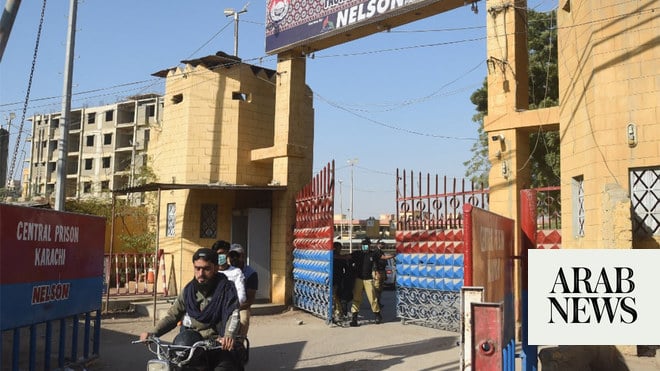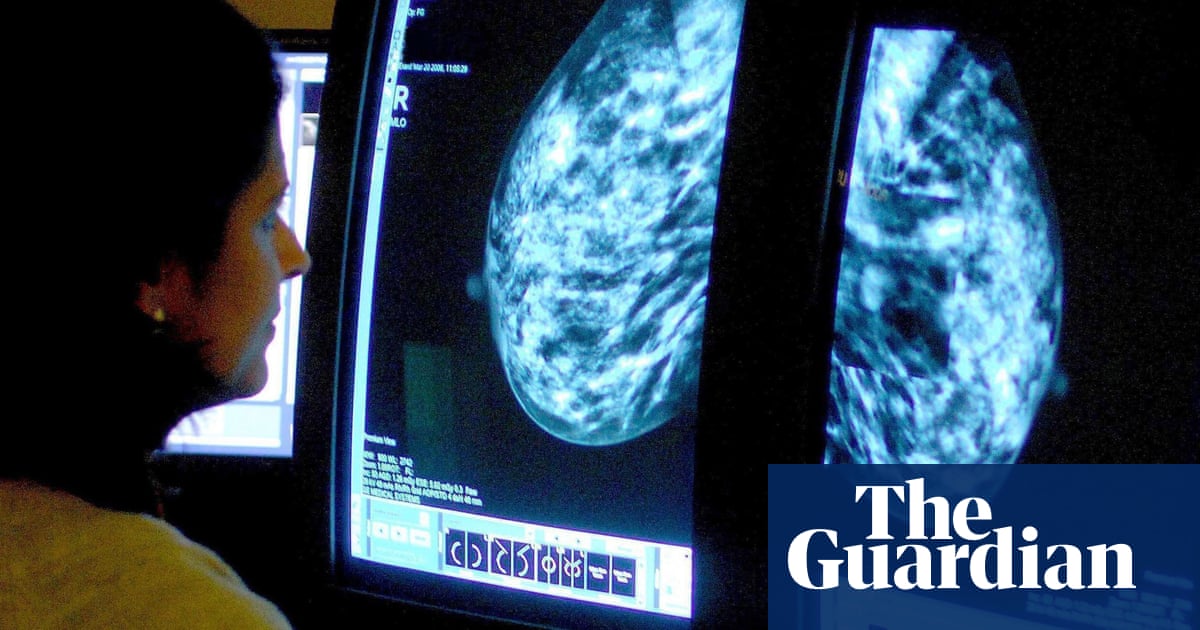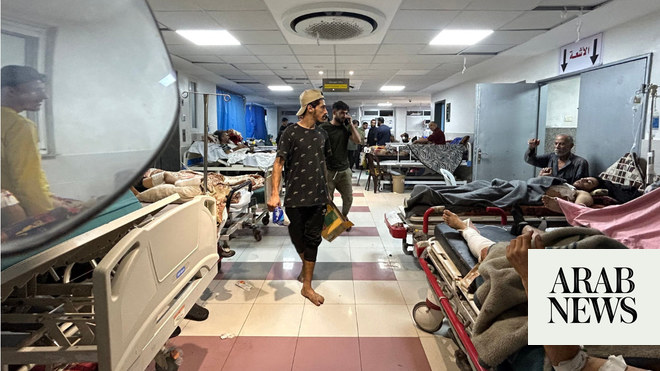
Afghanistan consul claims jail authorities did not offer prisoners the medical help they needed
Prison says all inmates receive treatment, including three Afghan nationals who died of cancer and heart disease
KARACHI: Three Afghan men imprisoned in Pakistan’s southern port city of Karachi have died in jail from cancer and heart disease in the past four months, a Pakistani jailer and a senior Afghan diplomat told Arab News, with the latter alleging the prisoners were denied medical help.
Afghans have been arriving in neighboring Pakistan to escape persecution by the Kabul regime, to seek employment, and for medical help at hospitals, as the health system in their own country is on the brink of collapse.
Many lack proper travel documents, adding to the increasing number of those entering Pakistan illegally since the Taliban took control of Afghanistan in August 2021.
Since last year, Pakistan has been intensifying its crackdown on those who cross the border without valid documents.
In a letter seen by Arab News, the superintendent of a correctional facility in Karachi’s Malir district told the Sindh province’s prisons police chief on Monday that three Afghan prisoners awaiting trial there had died in custody due to health complications.
Taj Muhammad, who was arrested in January 2022, died nine months later, according to the letter, while Abdul Khalil died in December after being taken into custody the previous month. A third Afghan, Wali Khan, also arrested in November, died in late January this year.
Syed Abdul Jabbar Takhari, Afghanistan’s acting consul general in Karachi, said Khan died from a heart attack, while Muhammad and Khalil fell victim to cancer.
“These people died because they didn’t get treatment,” Takhari told Arab News, adding that his mission had informed Sindh authorities about the inmates’ health problems.
“They knew about their health condition as these people had come here for treatment.”
Takhari said that almost 870 Afghan nationals, many struggling with health issues, are being held in Sindh prisons.
By law jail authorities are not allowed to detain cancer or heart patients, he said.
“Instead, they should have been admitted to a hospital.”
Arshad Shah, superintendent of Malir Prison, rejected Takhari’s allegations, saying all inmates, including the three Afghan nationals, were given treatment.
“We have medical facilities, but the ones with serious conditions are sent to hospital, either to the Jinnah Hospital or the Civil Hospital,” Shah told Arab News.
Muniza Kakar, a lawyer who campaigns for the release of Afghan nationals in detention, said around 2,000 people had been arrested since authorities started the crackdown against Afghan nationals in July 2022.
“Of them, about 900 have been deported, some possessing refugees’ cards were released on bail, while around 1,000 are still languishing in jails in Karachi, Hyderabad and Sukkar cities of the province,” she said.
“These include women, children and aged people, and most of them are patients with serious diseases.”
Kakar gave the example of an Afghan asylum seeker who she alleged was not provided treatment after suffering a cardiac arrest in jail on Sunday.
“She was seen by a jail doctor and on Monday, she was brought to court where she fell down,” Kakar said. “She was taken to jail instead of being taken for treatment to a health facility.”











